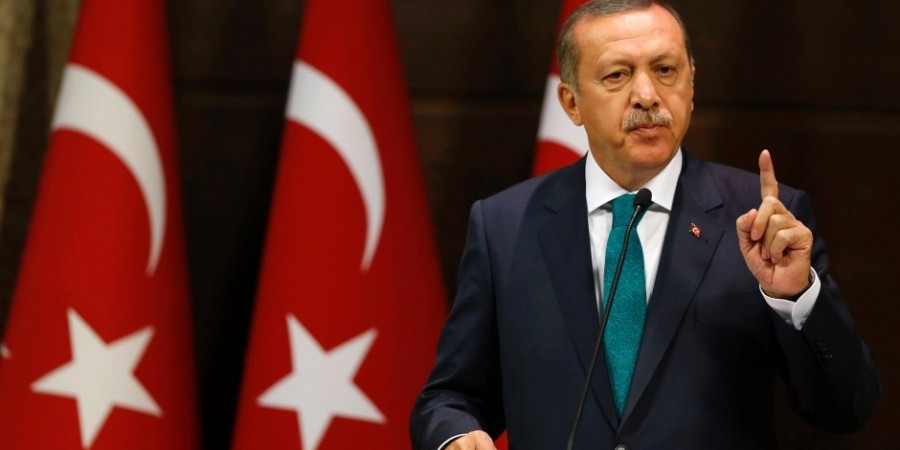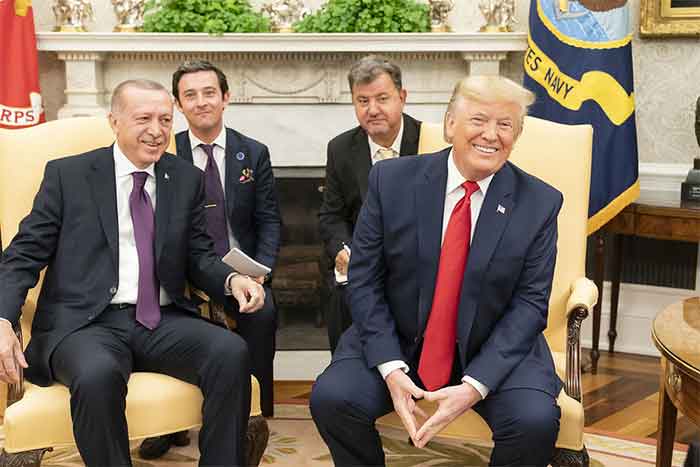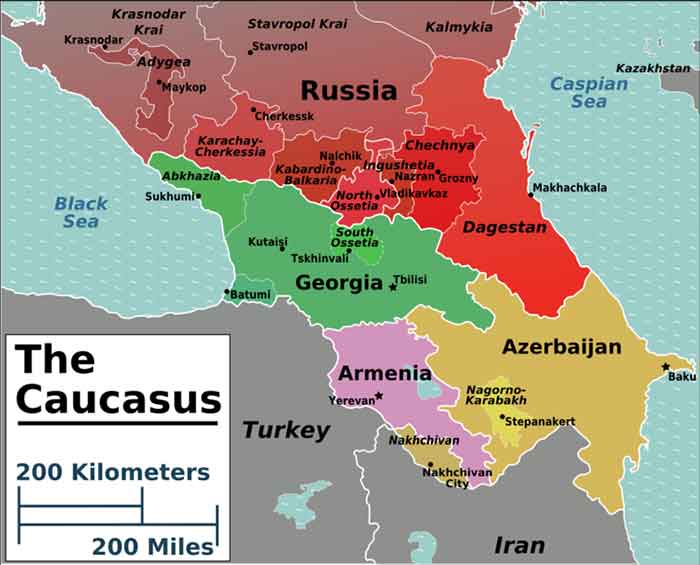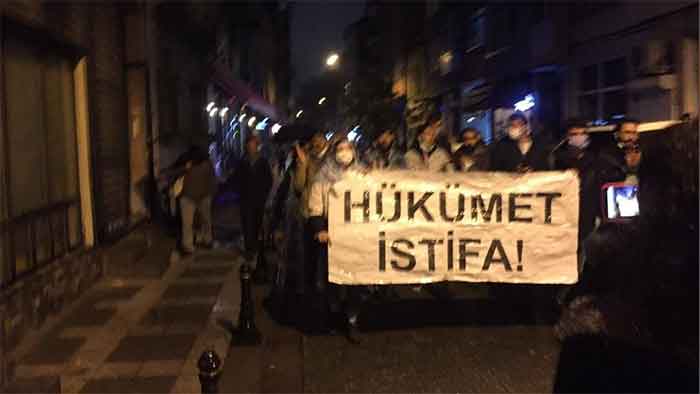
The rift between the European Union and Turkey is escalating as President Erdogan has accused the EU countries of persecuting Muslims like Jews were during World War II while the spirit of fascism was running wild on the streets of Europe.
The EU-Turkey rift was sparked on March 11when Turkish foreign minister, Mevlut Cavusoglu, was barred from landing in the Netherlands to attend a rally of Turkish immigrants. About 400,000 people with ties to Turkey live in the Netherlands.
Not surprisingly, Dutch far-right anti-Muslim leader Geert Wilders waded into the debate. “We are in Holland here, not in Turkey, and a Turkish minister has no room here to lobby for somebody like Erdogan, who is a mere dictator,” Wilders said.
Addressing a political rally in Istanbul on March 18, President Erdogan launched a scathing attack on European leaders. He was quoted by media as saying: “If they weren’t ashamed, they would revive the gas chambers.”
About Germany, Erdogan said: “When we call them Nazis they [European politicians] get uncomfortable. They rally together in solidarity. Especially Merkel.” “Merkel. She backs [the Netherlands] too. You too are practicing Nazi practices. To whom? To my Turkish brothers and sisters in Germany,” the Turkish leader said.
He has also quoted as saying: “They [European states] do not have the urge to hide their intentions and cannot hide the discomfort they feel from Turkey, which is growing stronger.”
Earlier President Erdogan has hit out at the Netherlands, by holding them responsible for Europe’s worst mass killing since World War II.
Referring to a Dutch battalion of United Nations peacekeepers who failed to halt the slaughter by Bosnian Serb forces of thousands of Muslim men and boys in eastern Bosnia in 1995, Erdogan said: “We know the Netherlands and the Dutch from the Srebrenica massacre. We know how rotten their character is from their massacre of 8,000 Bosnians there.”
Turkey orders sanctions against Netherlands
On March 13, Turkey announced a series of political sanctions against the Netherlands over its refusal to allow two Turkish ministers to campaign there. The sanctions include halting high-level political discussions between the two countries and closing Turkish air space to Dutch diplomats.
Deputy prime minister Numan Kurtulmus said the sanctions would apply until the Netherlands takes steps “to redress” the actions Ankara sees as a grave insult. “There is a crisis and a very deep one. We didn’t create this crisis or bring it to this stage,” he said.
Other sanctions bar the Dutch ambassador entry back into Turkey and advise parliament to withdraw from a Dutch-Turkish friendship group. The announcement came hours after Turkey’s foreign ministry formally protested over the treatment of the minister who was not allowed to land in the Netherland.
France and Germany have supported the Netherlands in its dispute with Turkey. French Foreign Minister Jean-Marc Ayrault called Erdogan’s statements about Nazism and fascism “unacceptable” and called on Turkey to abide to the European Conventions on Human Rights.
German Chanc Merkel pledged her “full support and solidarity” to the Dutch, saying the Nazi gibes were “completely unacceptable”.
President Erdogan responded angrily. “Shame on you!” he exclaimed during an interview with A Haber television. He renewed accusations that Germany supported “terrorists” battling Turkey and that it backed the “no” campaign in the Turkish referendum, arguing that Berlin did not want to see a strong Turkey.
“Some of the European Union countries – let’s not put all of them in the same sack – unfortunately cannot stomach Turkey’s rise,” he said. “Sadly, Germany tops the list. Germany supports terror in a cruel way.”He advised Turks living in Europe not to vote for parties that he described as “enemies of Turkey”.
Germany not ‘convinced’ Gulen behind failed Turkey coup
Tellingly, a German intelligence report has added fuel to the fire. On March 18, Germany’s intelligence chief said that US-based Fethullah Gulen was not the mastermind behind a failed July 15 coup aimed at ousting Turkish President Recep Tayyip Erdogan.
Turkish authorities have blamed the attempted putsch that left 248 people dead on a rogue military group led by Gulen, who has lived in self-imposed exile in the United States since 1999.
Turkish authorities have arrested more than 41,000 pro-Gulen people, and fired or suspended 100,000, since the attempted coup.
Last month, authorities ordered the dismissal of nearly 4,500 civil servants, including 2,585 employees of the education ministry, 893 members of the gendarmerie and 88 workers at the public television channel TRT.
Turkish Referendum
The EU –Turkey feud stems from efforts by Erdoğan’s government to build support among Turks living abroad for the package of constitutional changes through referendum scheduled for April 16. In Germany alone, there are 1.5 million people with Turkish citizenship.
In early March, Turkey’s Justice Minister Bekir Bozdag pulled out of a scheduled visit to Germany, after a small town in German south-western region of Baden-Wurttemberg denied him the chance to address his countrymen. The city of Cologne canceled a similar event, where Turkish economy minister Nihat Zeybekci was due to speak.
Pro-referendum rallies were also canceled in Austria and Switzerland.
Refugee deal at risk
Turkey has threatened to cancel the refugee deal struck between Turkey and the European Union one year ago, which has helped in keeping the number of migrants arriving in Germany and elsewhere in Europe at bay.
Erdogan warned on March 16, that a key refugee deal with Europe could be at risk. Interior Minister Suleyman Soylu said 15,000 refugees a month should be sent to Europe as a shock therapy.
Analyst Kamran Matin of the University of Sussex was quoted by the Voice of America as saying:
“The refugee deal they have with the EU, and especially with respect to Germany, is crucial leverage they have over Germany,” he said. “And the flow of refugees would have immediate impact in German domestic politics. Turkey is such a geopolitically important state and actor for not only European countries, but the entire Western bloc, especially facing the resurgence of Russia.”
Abdus Sattar Ghazali is the Chief Editor of the Journal Of America (www.journalofamerica.net) email: asghazali2011 (@) gmail.com















































